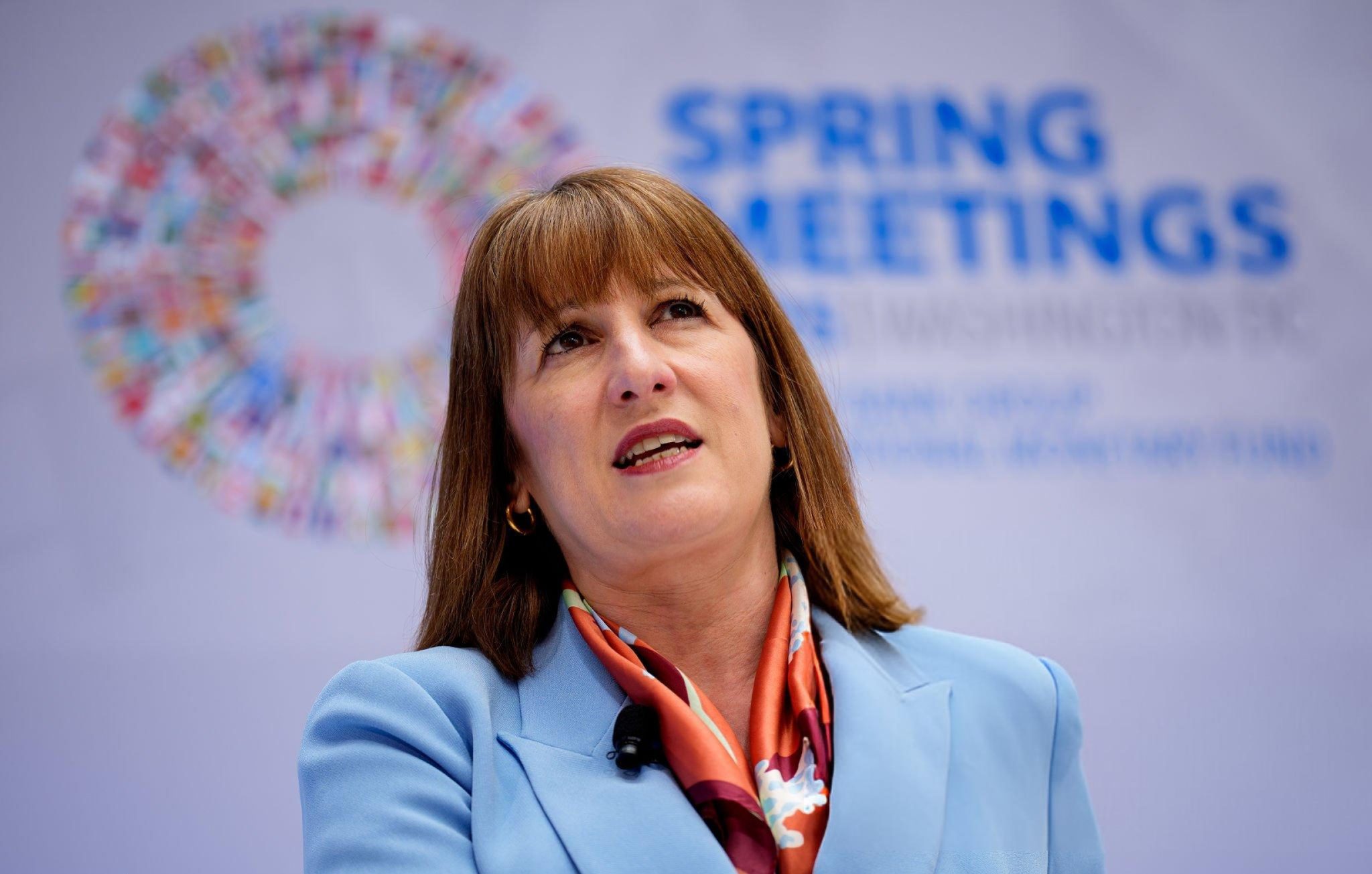UK’s Reeves under pressure to raise taxes again as growth falters, says think-tank
London, 9 May 2025 — Chancellor of the Exchequer Rachel Reeves is facing renewed pressure to consider further tax hikes later this year, as Britain’s economic outlook continues to weaken, a prominent think-tank warned on Thursday.
The National Institute of Economic and Social Research (NIESR) said that Reeves is at risk of missing her fiscal target to balance the current budget by the end of the decade — a goal she has repeatedly reaffirmed since taking office. The warning comes as the economic hit from her earlier tax hike on employers begins to weigh more heavily on business activity.
According to NIESR’s latest quarterly economic outlook, slower-than-expected growth could result in the government spending £57 billion more than it raises in taxes by the 2029/30 financial year, leaving a substantial hole in public finances.
Reeves’ flagship policy, announced in november 2024, increased national insurance contributions from employers and aimed to narrow the fiscal gap. However, it left her with only a slim margin of £10 billion to meet her budget rules — a cushion that NIESR now says looks increasingly insufficient.
In its revised forecasts, the think-tank downgraded GDP growth for 2025 to 1.2%, down from its earlier estimate of 1.5%, and left its 2026 projection unchanged at 1.5%. However, projections for subsequent years up to 2030 were all revised downwards.
Benjamin Caswell, senior economist at NIESR, said the primary causes of the downgrade were domestic. “Yes, tariffs have engendered a lot of uncertainty,” he noted, referring to recent trade tensions driven by U.S. President Donald Trump’s protectionist policies, “but I don’t think that should be basically taking the government off the hook.”
He pointed instead to local concerns, such as Reeves’ tight fiscal policy and the fear among businesses of further tax rises, which are dampening investment and recruitment. “When the Chancellor restores only a wafer-thin margin for error, it sends signals that more tax increases may be coming,” he said.
Reeves has previously cited the shifting global economic landscape as a justification for cautious policymaking, though the NIESR suggests she will now have to consider domestic corrections to maintain credibility.
Meanwhile, despite the flagging growth, the Bank of England is expected to remain cautious on interest rate cuts. NIESR forecasts just two more reductions in 2025 — including a quarter-point cut anticipated later today — citing persistent inflation pressures from strong wage growth and rising costs to employers.
The think-tank also warned that Reeves’ November increase in employer-paid social security contributions and the near-7% rise in the national minimum wage are likely to sustain inflationary pressures.
As a result, it now expects consumer price inflation to average 3.3% in 2025 and 3.1% in 2026, sharply higher than previous forecasts of 2.4% and 2.0% respectively.
With Reeves walking a fiscal tightrope and the economy offering little breathing room, the chances of additional tax measures before the end of the year appear to be growing.






